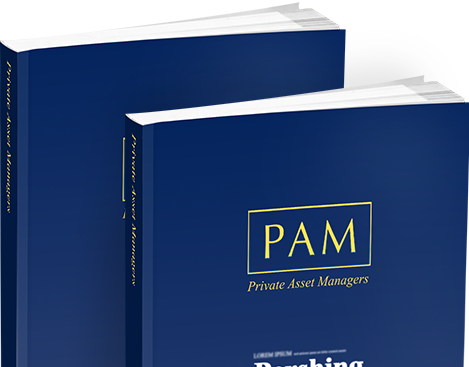A private unit trust is a self-contained investment portfolio that is designed to house the investments of various family members and others. While they are called private unit trusts, any investors are allowed to put money into these vehicles, as they must have public subscriptions and issue a prospectus. Disincentives can be put in place to deter other investors, such as high minimum levels of investment.
Among the attractions of using private unit trusts is the fact that on the disposal of investments and property within the trust, there is no capital gains tax (CGT). This means you can switch between underlying investments, such as increasing the emphasis on income at the expense of growth, without having to worry about the tax consequences. You also benefit from taper relief on CGT from the units when they are sold, which reduces the amount of tax to be paid. Dividends are subject to corporation tax in the same way as dividends from other unit trusts and OEICs.
An offshore private unit trust opens up further tax planning opportunities through tax deferral. If the capital gains are taken from the unit trust through the sale of shares once an investor has left the UK, they may be taken without a CGT charge, depending on which country you have moved to.
Another attraction is the control you can take over the investments within private unit trusts. You can select the investment managers yourself, set the investment objectives and the level of risk to be taken within the trust. These can be changed at any time.
Private unit trusts can have different share classes. This can be in the form of income or accumulation share classes and they allow payment of different currencies. When a private unit trust has separate share classes, each may have different charges and expenses.
There are also private Open Ended Investment Companies (OEICs). Whereas a private unit trust is a stand-alone entity, a private OEIC is an umbrella fund, or a sub-fund of an umbrella vehicle. These sub-funds are not ring-fenced and therefore assets may be moved from one to another to meet creditors demands.
Private unit trusts do not come cheap, however. This is because of the expense of structuring the trust and the annual fees. The costs also include fund administration services, the depository, audit, regulatory fees and investment management.
Despite being labelled as 'private' a private unit trust it is fully quoted, like any other unit trust. Some people have been cautious about using private unit trusts, because of the disclosure of their wealth. The value of the trust units must be published, so this information is open for anyone to see this part of your wealth.
Another area that some people see as a disadvantage is that technically anyone can invest in the trust. One option is to set a high minimum investment, but then to discount it for yourself.
While there is no CGT on the sale of investments within the private unit trust, you may have to cash in other investments to establish the trust. This may trigger a CGT charge. There may also be a CGT charge on any disposals of units in the private unit trust. It is always best to seek professional advice on your tax affairs.
There are many good retail unit trusts in which you can invest for the medium to long term with similar CGT deferral benefits, but without the costs associated with a bespoke private unit trust.
The PAM Directory is a comprehensive guide on comparative data focusing on asset managers, investment managers, private banks, stockbrokers, wealth managers and multi-family offices, who provide discretionary and/or advisory portfolio management services for private clients.
Order Now
Subscribe to PAM to hear about the latest news and promotions
Site Content Copyright PAM Insight Ltd 2016
This option is not available when logged in as a Private Asset Manager.
For registering with PAMonline. You should now receive an email asking you to verify your email address. If you do not receive this email, please call +44 (0)207 967 1601 for assistance.
To reset your password please enter code below.
To restore your password please enter your email below.
To see full information of the Private Asset Managers, plus the opportunity to rate and follow, login or register
For registering with PAMonline.
You should now receive an email asking you to verify your email address.
If you do not receive this email, please call +44 (0)207 967 1601 for assistance.
To return to the Home page, click here
To see full information of the Private Asset Managers,
plus the opportunity to rate and follow, login or register.
Please fill in all the fields.
To activate your account enter valid activation code below.
To resend activation email type in your registered email address below. Or contact the PAM office on +44 (0)20 7967 1608 to get instructions to activate your account.
